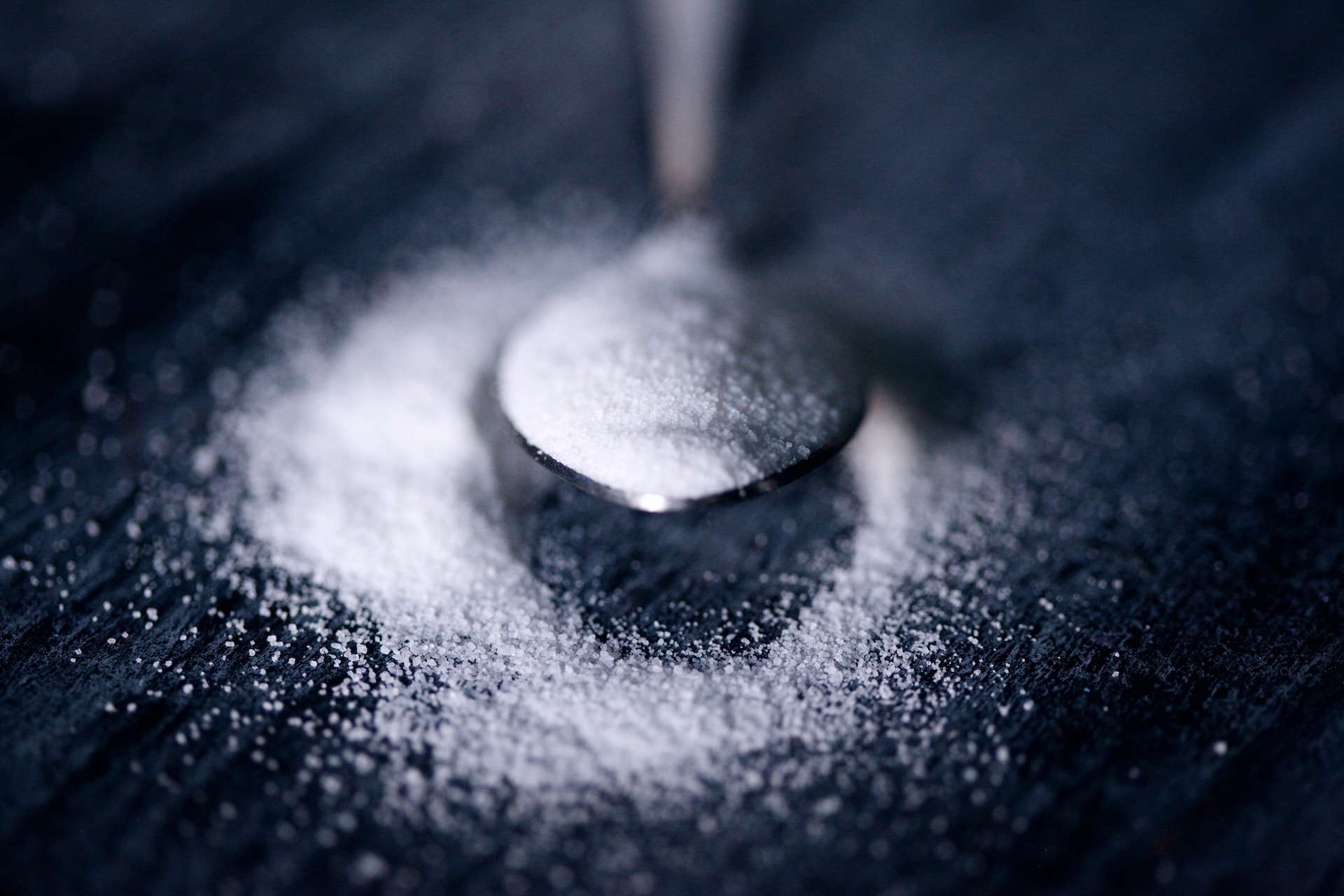Introduction: Aspartame Sweetener Under Scrutiny
Aspartame sweetener’s safety is being questioned after a recent announcement from the World Health Organization (WHO). The WHO states that aspartame may carry a risk of causing cancer, which is alarming for the food industry and leaves consumers with doubts. This article provides detailed information on the WHO’s assertions, the continuous argument over whether aspartame is safe or not, and emphasizes the importance of making educated choices when using sugar substitutes.
Unveiling the WHO’s Claims: Possible Cancer Risk
The WHO has identified a potential cancer risk associated with aspartame sweetener. Their research shows that there is proof connecting the consumption of aspartame to the growth of specific kinds of cancer. Remember though, the WHO’s statements are based on watching and don’t prove that aspartame definitely causes cancer. More investigation is necessary in order to completely grasp the potential risks.

The Ongoing Debate: Safety Concerns and Industry Response
For a long time, people have been discussing the safety of aspartame. Despite being considered safe for consumption by regulatory authorities, there are concerns about aspartame from certain experts and consumer advocacy groups. Some argue that aspartame may have adverse effects on human health, including potential links to neurological disorders and metabolic disturbances. In contrast, industry representatives and regulatory bodies maintain that thorough testing has been conducted on aspartame, ensuring its safety when consumed within recommended levels.
Understanding Aspartame: Uses, Regulations, and Controversy
A lot of food and drink products use aspartame as a substitute for sugar because it has fewer calories. Numerous countries, including the United States and the European Union, permit its usage. It is also present in various products that are advertised as ‘sugar-free’ or ‘diet’. Aspartame is causing a lot of disagreement because some people say it’s dangerous and can make you sick, including giving you cancer. The debate continues as scientific studies and regulatory agencies evaluate the available evidence.
Making Informed Decisions: Balancing Risks and Alternatives
When considering sugar substitutes, like aspartame, it’s crucial to make wise decisions based on facts and what is good for your personal well-being. Although the WHO’s claims carry weight, we should not overlook the entirety of scientific studies and expert viewpoints. For those who are concerned about the possible risks of aspartame, they can decide to decrease their intake or investigate other sugar substitutes. Stevia, erythritol, and monk fruit extract are becoming more popular as natural sweeteners instead of sugar because people think they are safer.
Conclusion: Navigating the Aspartame Controversy
The claims made by the WHO regarding a potential cancer risk connected to aspartame sweetener have caused worries and sparked an ongoing argument. It’s super important to look at this disagreement in a fair way, thinking about the proof we have, what the smart people say, and how it could affect your own health. Consumers should stay informed, be mindful of their sugar substitute choices, and consult healthcare professionals or registered dietitians for personalized advice. As scientists keep researching and regulatory bodies analyze the safety of aspartame, making informed decisions remains very important.
The aspartame debate teaches us the importance of critically assessing and analyzing scientific evidence in the realm of sugar substitutes. When individuals stay updated on sugar substitutes and make thoughtful choices, they can put their health first and be happy.




